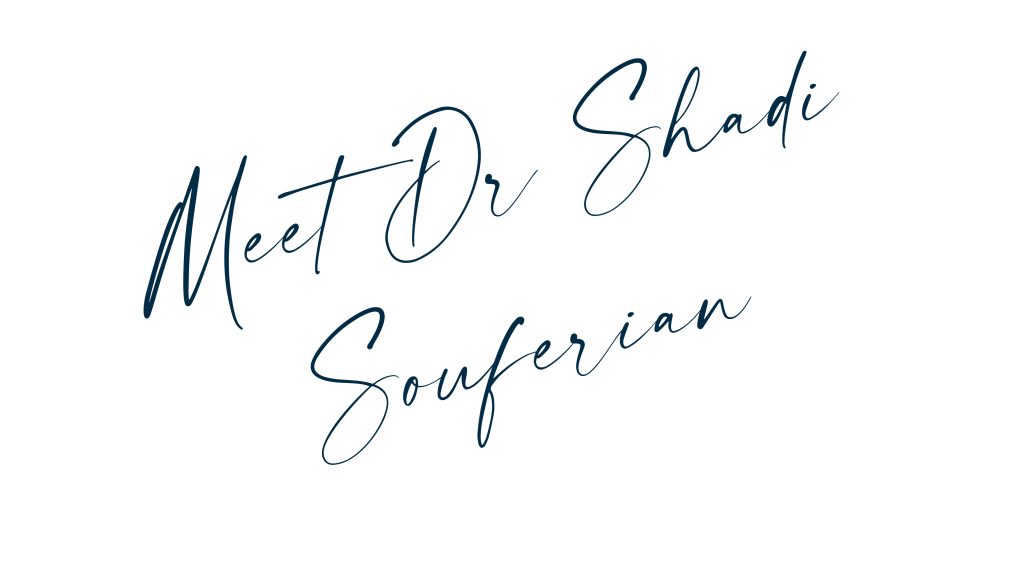We do not accept insurance to safeguard the privacy and confidentiality of all patients.
Mindfulness Training
“Mindfulness is awareness that arises through paying attention, on purpose, in the present moment, and non-judgmentally”
– Jon Kabbat-Zin
Do you find yourself
Overwhelmed by Stress and Anxiety
Do you find yourself constantly overwhelmed by stress and anxiety, feeling like your mind is racing and your body is tense? Mindfulness training can help you develop skills to calm your mind, manage stress triggers, and cultivate a greater sense of peace and ease in your daily life.
Lost in Thought and Disconnected from the Present
Do you find yourself lost in thought, dwelling on the past or worrying about the future, and missing out on the beauty and richness of the present moment? Mindfulness training can help you anchor your attention to the here and now, allowing you to fully engage with your life and experience greater joy and fulfillment.
Reacting Impulsively or Emotionally
Do you find yourself reacting impulsively or emotionally to challenging situations, leading to regret or conflict? Mindfulness training can help you develop greater self-awareness and emotional regulation, allowing you to respond to challenges with more clarity, wisdom, and compassion.
Struggling to Focus and Concentrate
Do you find yourself easily distracted, struggling to focus your attention, and feeling scattered or overwhelmed by the demands of daily life? Mindfulness training can help you strengthen your attention muscle, improve your concentration, and cultivate a greater sense of mental clarity and focus.
Depression can make life Mindfulness-based therapeutic approaches
Mindfulness-based therapeutic approaches aim to bring a person’s attention to the present experience such that they become more aware of themselves and their environment.
. Based on Eastern practices that originated over 2,000 years ago, mindfulness is now used to effectively treat a wide range of physical and emotional challenges. Mindfulness has been shown to help with stress and anxiety reduction, prevent depression relapse, support emotional regulation, and improve relationships. Mindfulness is a great tool to release yourself from the negativity, pain, and stress of daily life and create an environment that can help you feel more relaxed and in control.


I integrate my expertise in psychoanalysis, neuropsychology, life coaching, and mind-body connection, into a unique, holistic approach that guides her clients on an Illuminated Path to joy, inner peace, and freedom. By combining various therapies into customized treatment, I empower clients with knowledge, tools, and strategies to achieve specific and measurable results.
I have advanced certification to help guide you on your journey and support you in taking the crucial steps toward moving forward.
Featured in :

01
Find Calm in the Chaos
At ourilluminatedpath.com, we guide you to cultivate inner peace and resilience amidst the stresses of modern life. Our mindfulness training programs provide you with practical tools and techniques to manage stress, reduce anxiety, and navigate challenges with greater ease and clarity. You'll learn to find moments of calm amidst the chaos, fostering a deeper sense of balance and well-being in your everyday life.
02
Unlock Your Full Potential
Mindfulness isn't just about relaxation; it's about unlocking your full potential. Our mindfulness training programs at ourilluminatedpath.com empower you to develop greater self-awareness, improve focus and concentration, and enhance emotional regulation. By cultivating a mindful presence, you'll gain access to your inner resources, allowing you to make more conscious choices, achieve your goals, and live a more fulfilling life.
03
Cultivate Deeper Connections
Mindfulness can transform your relationships. Our mindfulness training programs at ourilluminatedpath.com help you develop deeper empathy, compassion, and communication skills. You'll learn to cultivate more meaningful connections with others, fostering greater understanding, harmony, and intimacy in your personal and professional relationships.

How does mindfulness therapy work?
Mindfulness transforms how we relate to events and experiences. It creates a more spacious way of being in the world that is less reactive, more peaceful, and, in general, more joyful. Rather than trying to avoid or eliminate negative emotions, mindfulness therapy fosters change to the relationship with these emotions by practicing meditation and other mindfulness exercises. These activities rebalance neural networks and allow the client to move away from automatic negative responses toward an understanding that there are other ways to respond to situations. By developing a routine meditation practice, clients can use the technique whenever they start to feel overwhelmed by negative emotions. When sadness occurs and starts to bring up the usual negative associations that trigger relapse of depression, the client is equipped with tools that will help them replace negative thought patterns with positive practice.
Techniques Used in Mindfulness
Mindfulness is the practice of being fully present and aware without reacting to our feelings or surroundings. Although the concept is simple, there are several ways to practice.
Meditation
This practice involves sitting still and noticing whatever comes to mind in the present moment, without reacting or being judgmental. The things you notice may come in the form of thoughts, emotions, and physical sensations.
By drawing attention away from the outside world and abandoning habitual patterns of self-judgment and criticism, focus becomes intentional, and space is created for growth and change. The focused attention and heightened awareness of body states open the mind to decreased preoccupation with one’s own internal battle of emotions and thoughts Meditation helps move from self-deception to self-understanding, resulting in new attitudes and behavior.


Breathwork
Breathing is a vital part of life. It delivers oxygen into your bloodstream and removes carbon dioxide. Did you know that breathing can change your blood PH (acid/alkaline) in minutes and that slow breathing increases cellular oxygen? Breathwork is a healing modality that integrates the mind, body, and spirit. Using the breath, we gently work with any emotions, sensations, beliefs, and stories that arise to be felt, acknowledged, and transformed
The physical benefits of breathing are often immediate. By breathing deeply, you can activate your parasympathetic nervous system, and in turn, slow down your heart rate and lower your blood pressure—creating a feeling of calm. You also rely on your diaphragm instead of your chest, invite your neck and chest muscles to relax, engage your abs, as a larger amount of oxygen reaches your body’s cells and organs.
When your body is operating under “fight-or-flight” response or stress, it releases a surge of hormones (e.g., cortisol and adrenaline) that cause your breathing to speed up, your pulse to quicken, your blood pressure to rise, activates a state of hypervigilance. Deep breathing can help reverse this response and relax your body.
In general, the goal of any breathwork therapy is to support people in achieving a greater sense of self-awareness and capacity for self-healing.
Benefits Of Breathwork
- Re-energizes the body with oxygen and blood flow.
- Re-energizes the body with oxygen and blood flow.
- Resets and soothes the nervous system.
- Increases energy level and sense of well-being.
- Releases toxins, emotions and stagnant energy from the cells of the body.
- Allows old emotions and past traumas to arise and release in a safe, gentle way.
- Reduces stress and anxiety.
- Enhances feelings of inner peace, clarity, and connection

Guided Imagery:
Guided therapeutic imagery is a focused technique whereby mental health professionals help individuals in therapy focus on mental images in order to evoke feelings of relaxation. It is informed by the theory that the mind-body connection is an important factor in a person’s overall health and well-being. In guided therapeutic imagery, a person can call on mental images to improve both emotional and physical health. Research indicates that guided imagery can help reduce stress, fear and anxiety, symptoms of depression, trauma recovery, decrease chronic pain, and overall psychological distress.
Discover the untapped potential within you. Our mindfulness training programs help you develop greater self-awareness, focus, and emotional regulation, allowing you to achieve your goals and live a more fulfilling life.
How useful was this services?
Click on a star to rate it!
Average rating 0 / 5. Vote count: 0
No votes so far! Be the first to rate this post.
